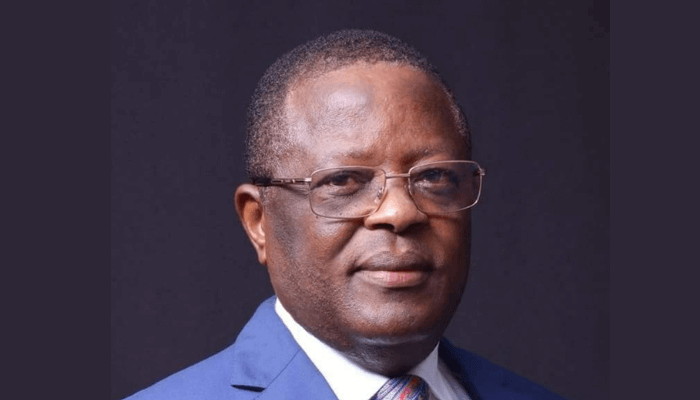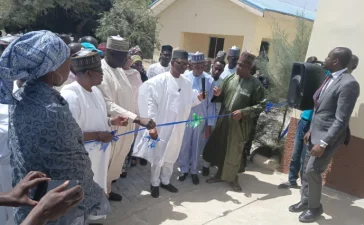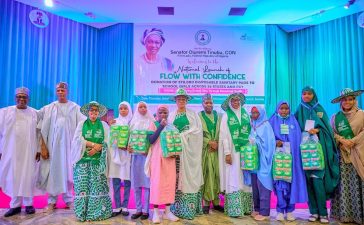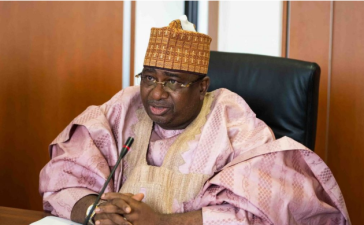At least 24 million Nigerians are currently living with sight loss, according to the Vice Chancellor of David Umahi Federal University of Health Sciences (DUFUHS), Uburu, Ebonyi State, Professor Jesse Uneke.
Speaking during a tour of the university’s Institute for Eye Health and Visual Sciences Research (IEHVSR), Uneke revealed that the centre has so far provided free treatment to 2,412 patients since it began operations in February 2025.
“A total number of 2,412 persons comprising 918 men (38%), 1,302 women (54%) and 192 children (8%) have been treated free at the facility. Major cases managed included refractive errors (1,352), cataracts (627), glaucoma (168), and other eye conditions (265). A total of 179 free surgeries have been conducted, while 1,000 free eyeglasses have been given out,” Uneke said.
The Vice Chancellor cited the Nigeria National Blindness and Visual Impairment Survey, noting that about 4.2% of Nigerians over 40 years are blind, while 4.25 million adults suffer moderate to severe visual impairment. He stressed that 84% of blindness in the country stems from preventable causes.
“Blindness in Nigeria is associated with increasing age, being female, and poor literacy. Sadly, most of these cases are avoidable,” he explained, pointing to cataracts and uncorrected refractive errors as the leading causes.
Uneke said the DUFUHS Eye Centre — supported by TETFund and aligned with the World Health Organization’s SPECS 2030 initiative — was created to address the rising burden of blindness and visual impairment in Nigeria. The facility, he added, relies on a multidisciplinary team of ophthalmologists, optometrists, nurses, biomedical engineers, and ICT experts to expand access to care, particularly for rural dwellers.
“Our Free Eye Care Initiative has drastically reduced avoidable blindness while providing opportunities for training, research, and patient care,” he said.
The centre’s objectives, according to him, include improving accessibility to eye services in rural communities, raising awareness about regular eye checks, offering affordable solutions for the less privileged, and developing long-term strategies for sustainable vision care.







